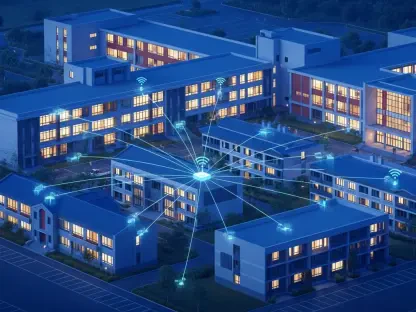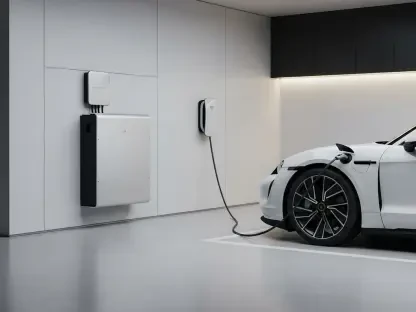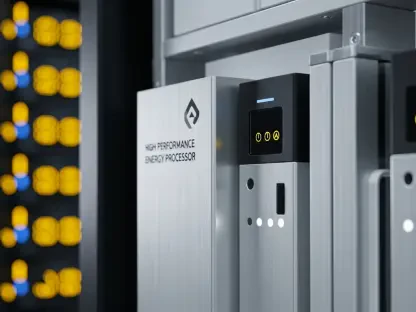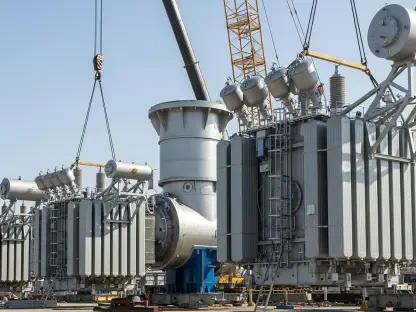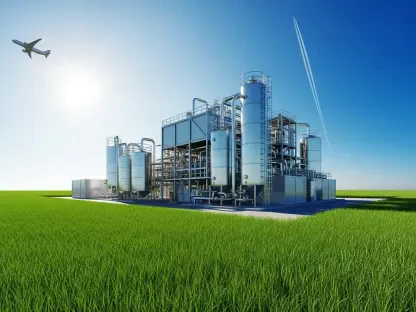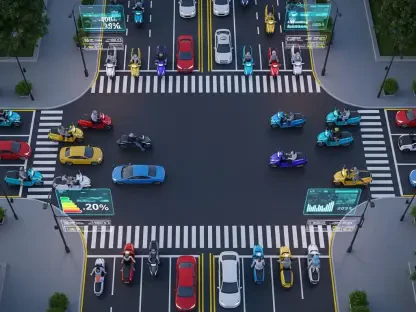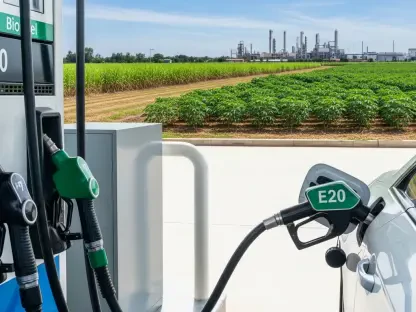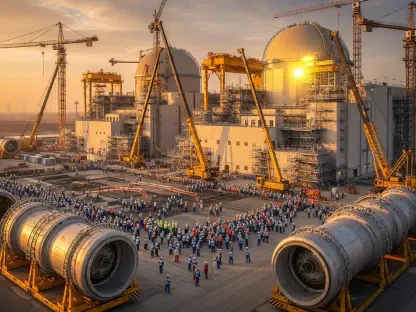The World Bank Group and the African Development Bank have jointly launched an ambitious initiative called Mission 300, aimed at connecting 300 million people in Sub-Saharan Africa to the electricity grid by 2030. This initiative seeks to mitigate the severe lack of electricity access in the region, where almost 600 million people currently live without power. The program also aligns with the transition to clean energy, bolstered by a €1 billion commitment from the Agence Française de Développement (AFD). This substantial financial backing emphasizes the urgency and scale of the task ahead.
Addressing Energy Poverty in Sub-Saharan Africa
Addressing the urgent issue of energy poverty in Sub-Saharan Africa is crucial, as the region accounts for 80% of the world’s population lacking electricity access, with a significant proportion of these individuals residing in rural areas. This energy poverty has a cascading impact on areas such as health, education, and water services, making the provision of basic public services exceedingly challenging. Without reliable electricity, many communities struggle to power essential services like hospitals and schools, hindering socio-economic development and perpetuating the cycle of poverty.
The upcoming Mission 300 Africa Energy Summit, scheduled for January 27-28 in Tanzania, aims to bring together heads of state, development partners, and civil society representatives to address these challenges. The goal of the summit is to drive necessary reforms, secure funding, and foster partnerships that can expedite electricity access across Africa. Rémy Rioux, CEO of AFD Group, emphasized that providing 300 million Africans with electricity by 2030 is both an investment in solidarity and a strategic effort to help these countries align their development with climate targets and the Sustainable Development Goals (SDGs). Through collaborative efforts and innovative solutions, the summit aims to catalyze change and create a roadmap for achieving these ambitious targets.
AFD’s Commitment and Broader Initiatives
The AFD has long prioritized access to electricity, pledging €1 billion by 2030 to support Mission 300’s ambitious goals. This substantial commitment underscores AFD’s broader initiatives, which include promoting clean and efficient cooking solutions. Since May 2024, AFD has managed €100 million in financing from the French government, aimed at encouraging sustainable cooking practices. Clean cooking is critical, as nearly a billion people in Sub-Saharan Africa still rely on wood and coal for fuel, which are highly polluting and detrimental to health, particularly for women and children. These traditional cooking practices also contribute to environmental degradation and biodiversity loss, making the shift to sustainable solutions essential for both human and environmental health.
In 2023 alone, AFD’s efforts provided 1.7 million Africans with access to sustainable electricity, demonstrating the tangible impact of targeted interventions. By tailoring operations to local contexts, AFD maximizes its reach and efficiency, effectively addressing the specific needs of each community. Pauline Larat, Deputy Head of AFD’s Energy Division, noted that AFD focuses its actions on the most vulnerable populations, essential public services, and local businesses. This approach not only stimulates economic growth but also promotes gender equality, as improved access to energy can empower women through enhanced health, education, and economic opportunities.
Successful Interventions and Local Impact
Several successful interventions under the Mission 300 banner exemplify the tangible benefits of focused efforts to expand electricity access. In Guinea, the rehabilitation and extension of the electricity grid have supplied over 150,000 residents of Conakry with reliable power. Similarly, in the Democratic Republic of the Congo, the construction of a mini-grid powered by two solar plants has provided 100,000 inhabitants of Kabinda with dependable electricity. These projects not only improve the quality of life for residents but also pave the way for further economic and social development.
In Tanzania, a mass electrification program aims to connect 450,000 people in rural areas, significantly expanding access to essential services. Meanwhile, in Kenya, the installation of renewable energy-powered mini-grids now supplies electricity to 100,000 inhabitants, showcasing the potential of off-grid solutions to reach remote and underserved communities. These interventions illustrate AFD’s comprehensive approach, leveraging various entities to tackle electrification challenges across Sub-Saharan Africa. By financing and assisting in grid expansion and supporting governments and public enterprises, AFD ensures a multifaceted and sustainable strategy.
Future Strategies and Financial Systems
The World Bank Group and the African Development Bank have collaboratively launched an ambitious initiative named Mission 300. This program aims to connect 300 million individuals in Sub-Saharan Africa to the electricity grid by 2030. The initiative addresses the significant shortage of electricity access in the region, where nearly 600 million people currently live without power. Mission 300 also aligns with efforts to transition to clean energy sources. Supporting this ambitious goal is a €1 billion commitment from the Agence Française de Développement (AFD). This hefty financial support underscores both the urgency and magnitude of the mission ahead. Additionally, the initiative is expected to spark economic growth, improve health and education outcomes, and enhance the overall quality of life for millions. By focusing on expanding electricity access, the World Bank Group and the African Development Bank aim to drive sustainable development and contribute to the wellbeing of future generations in the region.


